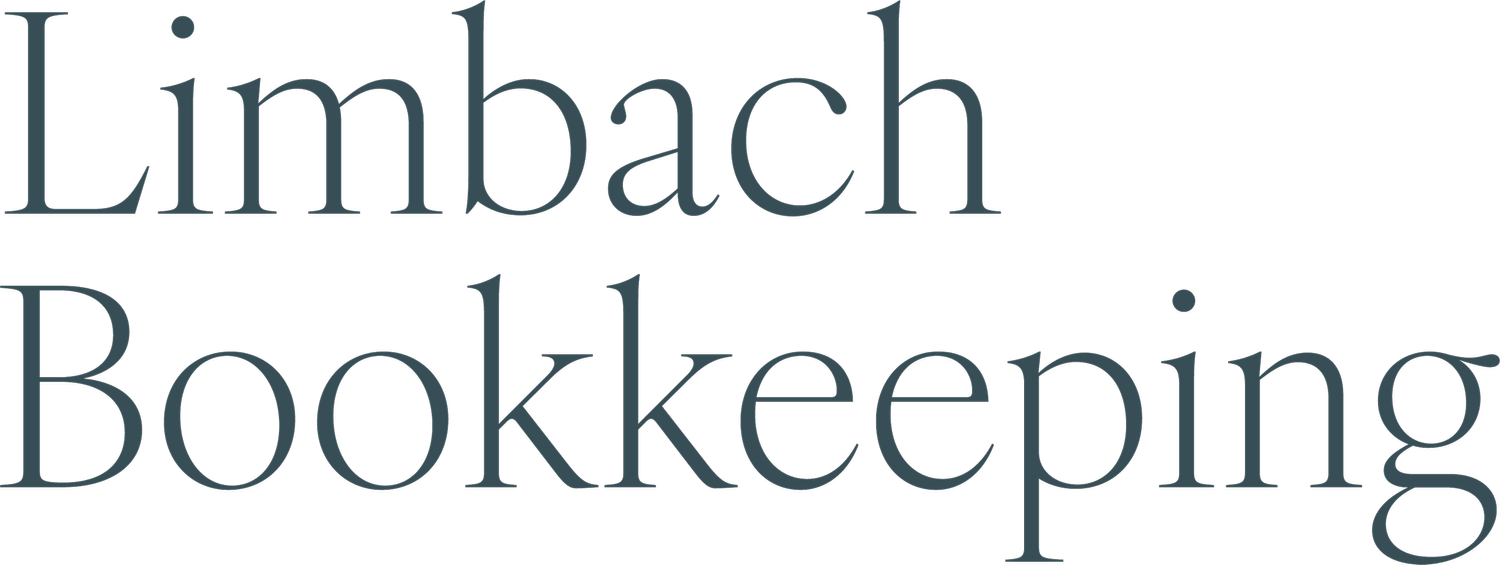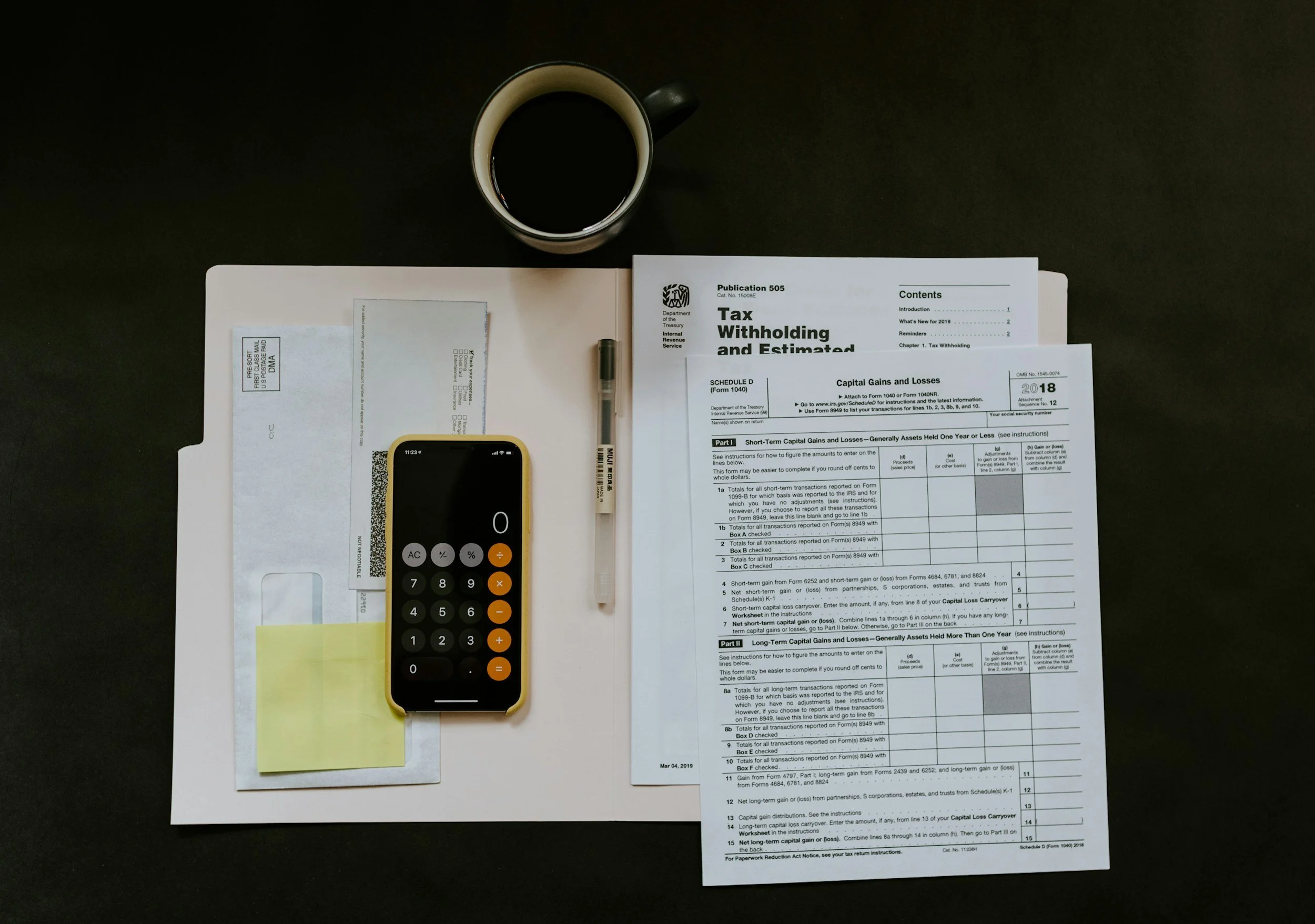How Bookkeeping Helps in Tax Preparation
Introduction: Bookkeeping's Role in Tax Preparation
Tax season can be a stressful and complex time for business owners. Ensuring that all financial records are accurate and up-to-date is crucial for seamless tax preparation and compliance. Effective bookkeeping can significantly simplify the process, making tax time less daunting. In this blog, we will explore how good bookkeeping practices can help in tax preparation, from accurate record-keeping to managing deductions and avoiding tax penalties.
Accurate Record-Keeping for Tax Reporting
Detailed Financial Records
Maintaining detailed financial records throughout the year is essential for accurate tax reporting. Good bookkeeping ensures that every transaction, whether income or expense, is properly documented. This comprehensive record-keeping helps you avoid discrepancies when filing your taxes. Accurate records mean you can easily track your financial activities, ensuring that all your income and expenses are correctly reported to the tax authorities.
Consistency and Organization
Consistency and organization in bookkeeping are key to a smooth tax preparation process. Using bookkeeping software can help keep your records organized and make it easier to generate financial reports. Regular reconciliation of accounts ensures that your records are always up-to-date. Organized financial records make it simpler to find necessary information when preparing your taxes, reducing the time and stress involved.
Deductions and Credits Management
Identifying Eligible Deductions
One of the significant benefits of good bookkeeping is the ability to identify all eligible tax deductions. Proper bookkeeping helps track expenses that can be deducted from your taxable income, such as office supplies, travel expenses, and employee wages. Knowing which expenses qualify for deductions can significantly reduce your tax liability, saving your business money.
Maximizing Tax Credits
In addition to deductions, tax credits can also lower your tax bill. Good bookkeeping practices help ensure you don’t miss out on valuable tax credits. For example, credits for research and development or energy efficiency incentives can provide substantial savings. By keeping detailed records of activities that qualify for credits, you can maximize these opportunities and reduce your overall tax burden.
Avoiding Tax Penalties and Audits
Compliance with Tax Laws
Proper bookkeeping ensures that your business complies with tax laws and regulations. Staying updated with changes in tax laws and maintaining accurate records helps avoid mistakes that could lead to penalties. Consistent bookkeeping practices mean that you are always prepared for tax season and can submit accurate tax returns on time.
Minimizing Audit Risks
Accurate and transparent financial records reduce the risk of being audited by tax authorities. In the event of an audit, detailed and well-organized records provide the necessary documentation to support your tax filings. Keeping receipts, invoices, and other financial documents readily available helps demonstrate compliance and can make the audit process smoother and less stressful.
Conclusion: Preparing for Tax Season with Good Bookkeeping
Good bookkeeping practices are essential for a smooth and stress-free tax season. Accurate record-keeping ensures that all financial activities are documented correctly, aiding in precise tax reporting. Managing deductions and credits effectively can significantly reduce your tax liability. Additionally, proper bookkeeping helps avoid penalties and reduces the risk of audits.
As a business owner, prioritizing bookkeeping throughout the year will pay off when tax season arrives. Consider consulting with a professional bookkeeper or accountant to get personalized advice and support. By investing in good bookkeeping practices, you can ensure that your business remains financially healthy and compliant with tax regulations.
_______
Understanding how bookkeeping helps in tax preparation can transform the way you manage your business finances. From maintaining accurate records to maximizing deductions and avoiding penalties, effective bookkeeping practices make tax season manageable and less stressful. Start improving your bookkeeping habits today and enjoy the benefits of a well-organized financial system.
How the CLEAR Method™ Helps
“L” in CLEAR Method™ stands for Learn from Your Numbers—because without insight, data is just noise.
The right tools and support can help you spot trends, make decisions, and regain control.
📘 Download my free guide, “7 Signs You’re Avoiding Your Books,” to start shifting these patterns one tiny, doable step at a time.
🎯 Or book a free 20-minute clarity call if you’re ready for some judgment-free support.
The CLEAR Method™ is a proprietary framework created by Limbach Bookkeeping. All rights reserved.
© 2025 Limbach Bookkeeping. All rights reserved. This article is for informational purposes only and may not be copied, republished, or redistributed without permission.





